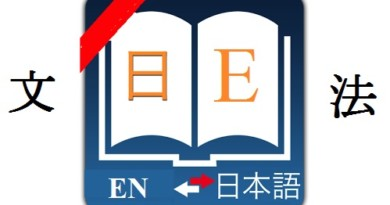Compare ばかり bakari and だらけ darake
Hi everyone! Suppose there is a situation like this: You enter a room filled with dirt, which expression will you choose to express that idea,(ほこり)ばかり or だらけ? To help you understand the usage of ばかり and だらけ better, in this post, Learn Japanese Daily will introduce to you the lesson: Compare ばかり bakari and だらけ darake.

Similarities
Both grammar structures mean “all is… (indicate large quantity of something)”.
Both structures are used with nouns.
Differences
ばかり bakari
ばかり means “only, nothing but”. Used in both both positive and negative cases (depending on the noun).
Example :
今度のショッピングは本ばかり買った。
Kondo no shoppingu ha hon bakari katta.
I bought only books this time. (I bought more books than anything else this time).
田中さんはこの間ミスばかりするね。どうしたの?
Tanaka san ha kono aida misu bakari suru ne. doushita no?
Recently, Mr. Tanaka only makes mistakes. What’s wrong?
A「何で一日ゲームばかりしているの?外も出かけなさいよ。」
B「はい、はい」
A : “Nande ichinichi ge-mu bakari shite iru no? Soto mo dekake nasai yo.”
B : “Hai, hai.”
A : “Why do you play games all day? Go outside.”
B : “Yes, yes.”
だらけ darake
だらけ means “full of “. It is rarely used in positive cases.
Example :
お前の部屋はゴミだらけだ。早く片付けなさいよ。
Omae no heya ha gomi darake da. Hayaku kataduke nasai yo.
Your room is full of garbage. Clean up quickly. (“Garbage” is a negative noun)
あの子のかばんは汚れだらけだ。
Ano ko no kaban ha yogore darake da.
That kid’s bag is full of dirt.
犯人の服は被害者の血だらけだ。
Hannin no fuku ha higaisha no chi darake da.
The criminal’s clothes are full of the victim’s blood.
Note: In the form Nばかり, N can be a noun or a verb. When N is a verb, this structure expresses the meaning “just doing N”. On the other hand, Nだらけ is only used with nouns.
Exercise for consolidating knowledge :
Choose the correct answer
泥(ばかり・だらけ)の足は家に入らないでください。
父はお酒(ばかり・だらけ)飲んでいて、健康を崩した。
私は欠点(ばかり・だらけ)の人間だ。
テレビ番組(ばかり・だらけ)見ないで、宿題をしなさい。
石田さんの論文は間違い(ばかろ・だらけ)なので、減点になりました。
由紀ちゃんは太っているからダイエットしていると言ったのに、甘い物 (ばかり・だらけ)食べています。
In this post, Learn Japanese Daily has helped you compare ばかり bakari and だらけ darake.
See other similar lessons at category: Japanese grammar dictionary
